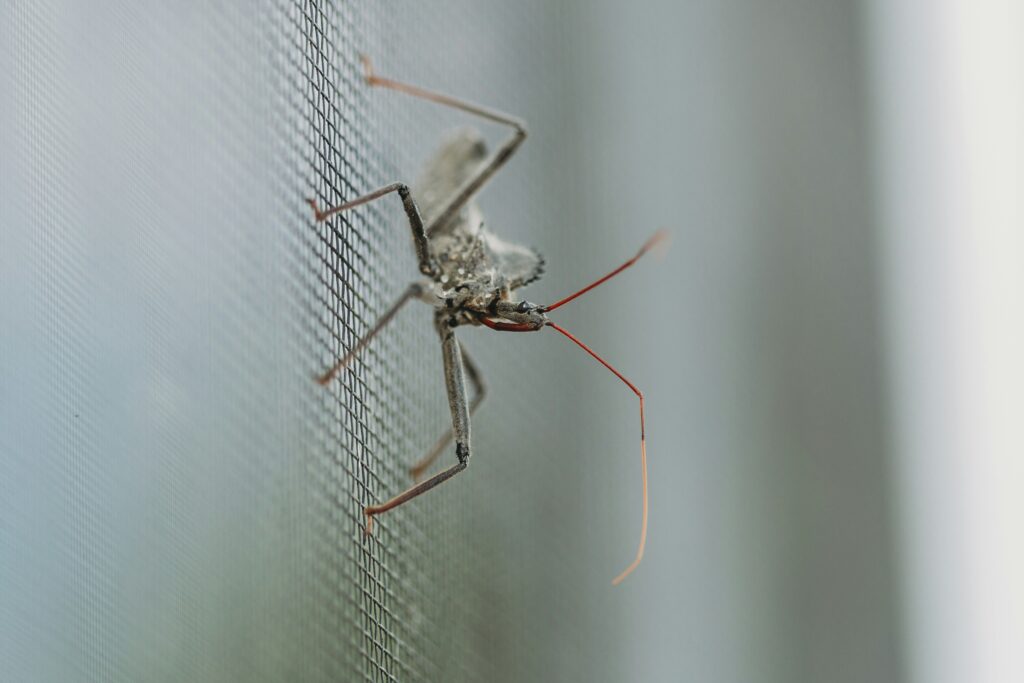WASHINGTON, Sept 9 — A tropical disease carried by so-called “kissing bugs” is now considered endemic in the United States, according to the Centers for Disease Control and Prevention. Chagas disease, caused by the parasite Trypanosoma cruzi, has historically been associated with Latin America, but health officials say it is increasingly appearing in parts of the U.S.
The parasite is primarily transmitted through triatomine insects, commonly called kissing bugs, which feed on human blood, often biting the face. The disease spreads when the bugs defecate near the bite site and the parasite enters the body through the skin or mucous membranes, usually when a person scratches the area. Less common transmission routes include blood transfusions, organ transplants, congenital infection, and contaminated food or drink.
While the majority of cases in the U.S. are still imported, there are confirmed reports of locally acquired infections in at least eight states, including Texas, California, Arizona, Louisiana, Tennessee, Missouri, Mississippi, and Arkansas. Kissing bugs have been identified in 32 states, mostly in the southern half of the country.
Chagas disease develops in two stages. The acute phase often produces mild or no symptoms, but some people may experience fever, fatigue, headache, swelling near the bite, or rash. If untreated, the chronic phase can emerge years later, causing serious heart problems such as enlargement, arrhythmias, or even sudden death, as well as digestive issues affecting the esophagus and colon.
Treatment is available through two antiparasitic medications, benznidazole and nifurtimox, which are most effective during the early acute phase. There is currently no vaccine. Preventive measures include using insect repellent, wearing protective clothing, sealing homes to prevent bug entry, and avoiding direct contact with the insects.
Health experts warn that Chagas disease remains underdiagnosed in the United States. Fewer than 2% of those infected are aware of their condition, leaving many at risk for long-term complications. Public health officials say recognizing the disease as endemic is crucial for improving surveillance, physician training, and early detection efforts.
As climate change and human activity expand the range of kissing bugs, the CDC encourages people in affected areas to remain vigilant, particularly in rural or semi-rural regions where the insects are most common.
Chagas disease, once considered exotic and confined to Latin America, is now firmly established in the U.S., raising new challenges for public health and awareness.


